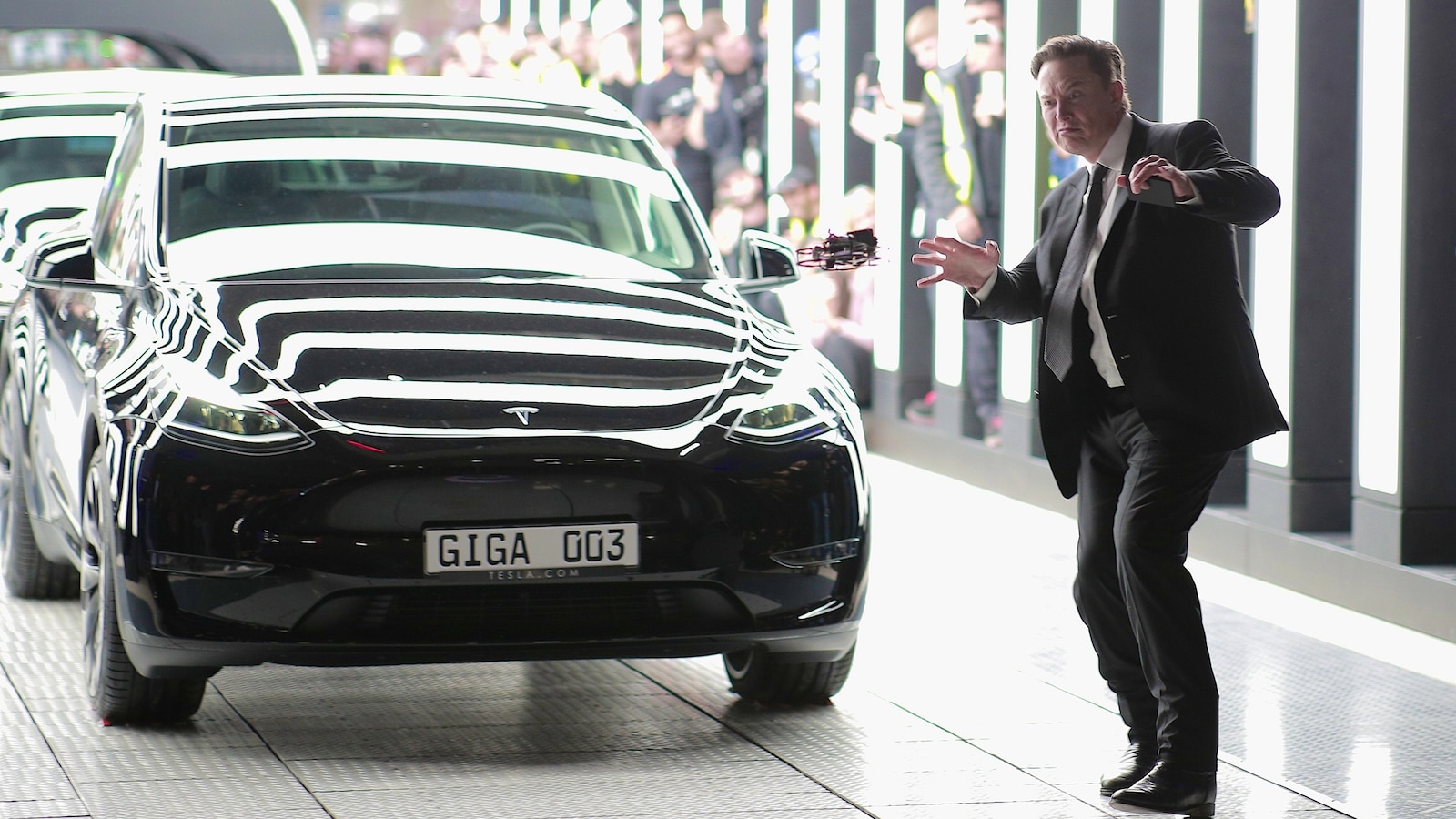A law firm representing Elon Musk and Tesla helped draft legislation to overhaul Delaware’s corporate law amid an ongoing court battle over Musk’s multibillion-dollar compensation package from his electric car company, sources familiar with the matter confirmed to ABC News.
The proposed state legislation would amend the Delaware General Corporation Law to ease the rules that determine whether a shareholder is deemed a “controller,” a designation that blocked Musk from receiving a compensation plan of up to $55.8 billion from Tesla last year.
Musk lost his compensation package — reportedly the largest CEO compensation plan in public corporation history — after being recognized as a “controller” of Tesla even though he held less than a third of the company’s shares.
Under the existing law, shareholders below the one-third threshold still receive the “controller” classification if they exert other avenues of control. In contrast, the proposed law would set a requirement that a shareholder hold at least a third of a company’s shares in order to be deemed a “controller.”
Legal experts are divided on whether the proposed legislation, if enacted, could impact Musk’s Tesla compensation package currently on appeal to the state’s Supreme Court — a point of contention that has arisen from the fact the bill lacks an explicit mention forbidding its application to pending cases.
The law firm representing Musk and Tesla, Richards, Layton & Finger, confirmed to ABC News its involvement in drafting the legislation. The firm claimed the legislation, if enacted, would not be retroactive and suggested it would not impact Musk’s case.
The firm also said that its role in the process “was not on behalf of or otherwise influenced by any firm client,” stressing that it was among a group of lawyers, professors and experts that helped draft the proposal and that the firm has played a major role in shaping Delaware’s business statutes for more than 125 years.

In this March 29, 2021, file photo, an aerial view of Tesla Shanghai Gigafactory is shown in Shanghai, China.
Xiaolu Chu/Getty Images, FILE
“As many have recognized, statutory changes are necessary to restore the core principles that have been the hallmark of Delaware for over a century and ensure that Delaware remains the preeminent jurisdiction for incorporation,” Richards, Layton & Finger President Lisa Schmidt wrote in a statement to ABC News.
The bill’s sponsor, Delaware Democratic state Sen. Bryan Townsend, echoed the claim, telling ABC News that the bill is “not retroactive and would not affect the litigation regarding Elon Musk’s compensation package at Tesla.”
Townsend also stressed that an attorney from Richards, Layton & Finger was invited to advise on the legislation as an industry expert and a member of the Delaware State Bar Association’s Corporation Law Council, along with many other experts — and that legislators were fully responsible for the bill’s final draft.
But other legal experts told ABC News that the proposed law could allow the Delaware court to reverse its decision and grant Musk the pay package.
The bill lacks an explicit mention forbidding application to pending cases, making possible a court finding that alters the outcome of Musk’s case, legal experts said.
“It’s possible,” Sarath Sanga, a professor of corporate law at Yale University, said of the potential use of the proposed law to revive Musk’s pay package. “There’s nothing in the law requiring it and there’s nothing preventing it.”
Ann Lipton, a law professor at Tulane University, said the absence of any stipulation preventing application to pending cases could function as a signal to the court to reverse its decision about Musk’s pay.
“It sends a strong signal to the Delaware Supreme Court that we want you to interpret this to give Elon his pay package back,” Lipton said.
Boston College Law Professor Brian Quinn said that it’s unclear if the legislation will be retroactive or not — but added, “It’s entirely possible that the court reverses the trial opinion for reasons not related to this amendment, and the package is reinstated.”
Chancellor Kathaleen McCormick, who oversees the Delaware trial court that handles commercial litigation, rejected the 2018 compensation package that Tesla voted to provide to Musk.
McCormick found that the negotiations surrounding the package had been inappropriate, due to a lack of independence among board members and Musk’s influence over the negotiations.
The proposed changes to the law could ease the scrutiny applied to Musk, resulting in a reversal of the court’s judgment, some experts told ABC News.
The proposed law bypassed a typical process of consideration before the Corporate Law Council, a section of the Delaware Bar Association, Sanga said. He said he could not recall an instance in which a proposed change to Delaware corporate law did not go through that process.

